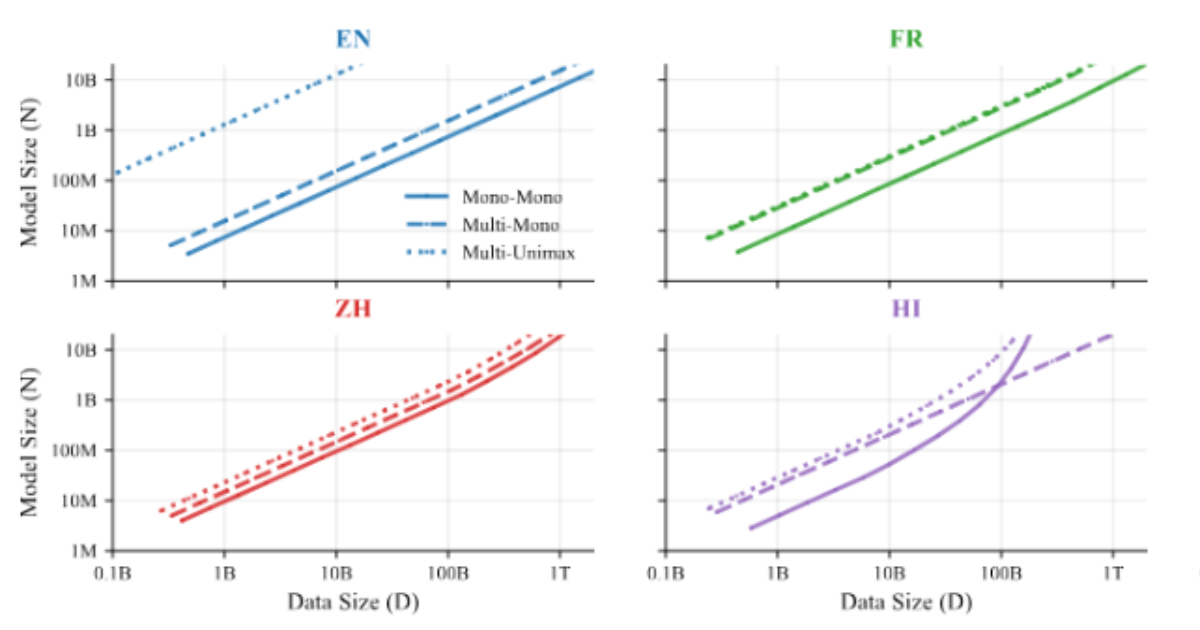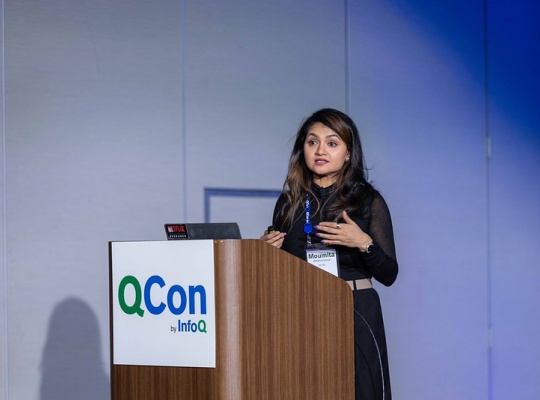Codetown
Codetown ::: a software developer's community
Kotlin Thursdays - Kotlin Koans with Ben Rodriguez Part 1
Kotlin Thursdays: Kotlin Koans with Ben Rodriguez
Hey everyone! Welcome to Kotlin Thursdays. With some many languages out there you might be asking yourself WHY should I learn Kotlin? I asked myself the same question and for me, I was interested in learning Kotlin because it is one of the fastest growing languages within the developer community according to Github contributions and TechRepublic analysts. Many are praising the flexibility and interoperability with the JVM.
I am 42 years old and haven’t written in Java and Spring in a long while. I like learning this language because Kotlin makes programming fun again and this is in large part thanks to the strong community. I’m learning how to develop in a different way and makes my mind adjust to new patterns. Functionally Kotlin is different but like Java, it compiles down to bytes so a developer can flip back and forth between Kotlin and Java. Kotlin made the most sense from a readability standpoint which we will see in the video.
Within this lesson which is both a blog post and a video, I’m going to discuss some of the resources available for someone can learn kotlin. There will be online classes, websites and some books. This course like all training courses does have a few assumptions or prerequisites. This lesson assumes you have a minimal amount of programming knowledge and that you know what an integrated development environment, can install the EduTools plugin, understand build tools and have access to the internet.
Here are some of the resources that I'm going to go over to help get jumpstarted in Kotlin.
- Kotlin Koans
- The Cousera course
- The book list at the bottom
Within the last part of the video, I'm going to go over the Kotlin koans website Where I will break down five of the first lessons. In subsequent videos, I will highlight other Kotlin learning activities while completing the entire set of koans.
For this walkthrough, you will need to install the EduTools plugin into IntelliJ!
https://www.jetbrains.com/help/education/install-edutools-plugin.html?section=IntelliJ%20IDEA
Here is another overview of what we are doing -
https://www.jetbrains.com/help/education/learner-start-guide.html?s...
Websites and Courses
Think of these resources as supplemental if you happen to be more curious. We always encourage looking into documentation for things you use!
- Udemy “Kotlin for Beginners: Learn Programming With Kotlin”: https://www.udemy.com/kotlin-cou...
- Treehouse ”Kotlin for Java Developers”: https://teamtreehouse.com/librar...
- Pluralsight “Kotlin Fundamentals”: https://www.pluralsight.com/cour...
- Most popular Kotlin projects, libraries and other frameworks: https://kotlinlang.org/docs/reso...,
- Kotlin Koans: https://kotlinlang.org/docs/tutorials/koans.html
- Coursera "Kotlin for Java Developers": https://www.coursera.org/learn/kotlin-for-java-developers
Books
- Kotlin in Action by “Dmitry Jemerov and Svetlana Isakova”
- Hands on Microservices with Kotlin by “Juan Antonio Medina Iglesias”
Tags:
Replies to This Discussion
Notes
Welcome to Codetown!
 Codetown is a social network. It's got blogs, forums, groups, personal pages and more! You might think of Codetown as a funky camper van with lots of compartments for your stuff and a great multimedia system, too! Best of all, Codetown has room for all of your friends.
Codetown is a social network. It's got blogs, forums, groups, personal pages and more! You might think of Codetown as a funky camper van with lots of compartments for your stuff and a great multimedia system, too! Best of all, Codetown has room for all of your friends.
Created by Michael Levin Dec 18, 2008 at 6:56pm. Last updated by Michael Levin May 4, 2018.
Looking for Jobs or Staff?
Check out the Codetown Jobs group.
InfoQ Reading List
Building Software Organisations Where People Can Thrive

Continuous learning, adaptability, and strong support networks are the foundations for thriving teams, Matthew Card mentioned. Trust is built through consistent, fair leadership and addressing toxic behaviour, bias, and microaggressions early. By fostering growth, psychological safety, and accountability, people-first leadership drives resilience, collaboration, and performance.
By Ben LindersGoogle DeepMind Introduces ATLAS Scaling Laws for Multilingual Language Models

Google DeepMind researchers have introduced ATLAS, a set of scaling laws for multilingual language models that formalize how model size, training data volume, and language mixtures interact as the number of supported languages increases.
By Robert KrzaczyńskiPresentation: Foundation Models for Ranking: Challenges, Successes, and Lessons Learned

Moumita Bhattacharya discusses the evolution of Netflix’s ranking systems, from the multi-model architecture to a Unified Contextual Recommender (UniCoRn). She explains how they built a task-agnostic User Foundation Model to capture long-term member preferences. Learn how they solve system challenges like high-throughput inference and the tradeoff between relevance and personalization.
By Moumita BhattacharyaSwift Cross-Platform Framework Skip Now Fully Open Source

After three years of development, the team behind Skip, a solution designed to create iOS and Android apps from a single Swift/SwiftUI codebase, has announced their decision to make the product completely and open source, in order to foster adoption and community contribution.
By Sergio De SimoneRailway Highlights the Importance of Logs, Metrics, Traces, and Alerts for Diagnosing System Failure

Railway’s engineering team published a comprehensive guide to observability, explaining how developers and SRE teams can use logs, metrics, traces, and alerts together to understand and diagnose production system failures.
By Craig Risi
© 2026 Created by Michael Levin.
Powered by
![]()